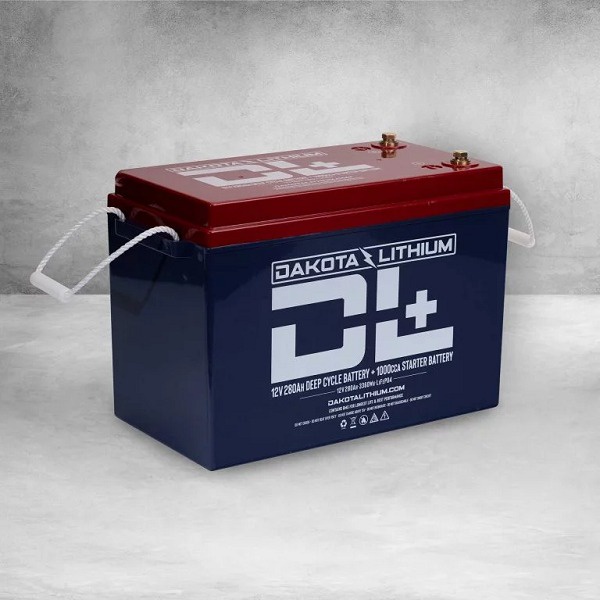The rise of electric vehicles (EVs) has brought lithium-ion batteries to the forefront of automotive technology. While offering significant advantages like longer range and faster charging compared to traditional lead-acid batteries, lithium batteries come with their own set of considerations. Understanding the factors that impact their lifespan and performance is crucial for maximizing their potential and ensuring a smooth driving experience.
This blog delves into the key factors that can affect the lifespan and performance of your lithium car battery:
1. Battery Chemistry
Different lithium battery chemistries offer varying characteristics in terms of lifespan, performance, and safety. Here are two common types used in car batteries:
Lithium-ion (Li-ion): These batteries provide high energy density, meaning they can store more energy in a smaller space. However, they can be more susceptible to degradation from factors like high temperatures and deep discharges.
Lithium Iron Phosphate (LiFePO4): These batteries offer a longer lifespan and better thermal stability compared to Li-ion batteries. However, they may have a slightly lower energy density.
2. Depth of Discharge (DoD)
DoD refers to the percentage of a battery's capacity that is used during a discharge cycle. Frequent full discharges (100% DoD) can accelerate battery degradation. Ideally, aim to maintain a DoD between 10% and 20% for optimal battery health.
3. Temperature
Extreme temperatures, both hot and cold, can significantly impact lithium battery performance and lifespan.
Heat: High temperatures can trigger chemical reactions within the battery that accelerate degradation. This can lead to reduced capacity and even safety concerns.
Cold: Cold temperatures can slow down the chemical reactions within the battery, limiting its ability to deliver its full power output. Additionally, charging at low temperatures can lead to lithium plating, which can damage the battery.
4. Charging Habits
The way you charge your lithium car battery can significantly impact its lifespan. Here are some best practices:
Avoid frequent shallow discharges and full charges: This puts unnecessary stress on the battery.
Use the recommended charger: Using a charger specifically designed for your battery type ensures optimal charging parameters.
Avoid extreme charging speeds: While fast charging is convenient, frequent use can accelerate battery degradation. Opt for slower charging whenever possible.
5. Storage
Proper storage is essential for maintaining a lithium car battery's health.
Store in a cool, dry place: Avoid extreme temperatures, both hot and cold.
Maintain a partial charge: Ideally, store the battery with a charge between 20% and 50%.
Avoid full discharge: Leaving the battery completely discharged for extended periods can damage it.
6. Vehicle Usage
The way you use your car can also impact the battery's lifespan.
Frequent fast acceleration and deceleration: These actions put a higher strain on the battery, leading to faster degradation.
Regenerative braking: While beneficial for energy recovery, frequent use can generate heat, impacting battery health.
7. Battery Age
Like any other battery, lithium car batteries naturally degrade over time, losing capacity and performance gradually. This is an inevitable process, but proper care and usage can help extend the battery's lifespan.
8. Battery Design and Manufacturing
The quality of the design and manufacturing process plays a crucial role in a battery's lifespan and performance. Choosing reputable brands like Dakota Lithium Batteries, known for their commitment to quality and innovation, can provide greater peace of mind.
Maximizing Your Lithium Car Battery's Life
By understanding the factors that impact your lifepo4 battery and adopting best practices, you can maximize its lifespan and performance. This not only ensures a smooth driving experience but also contributes to a more sustainable future. Remember, proper care and responsible usage go a long way in getting the most out of your lithium car battery.


No comments yet